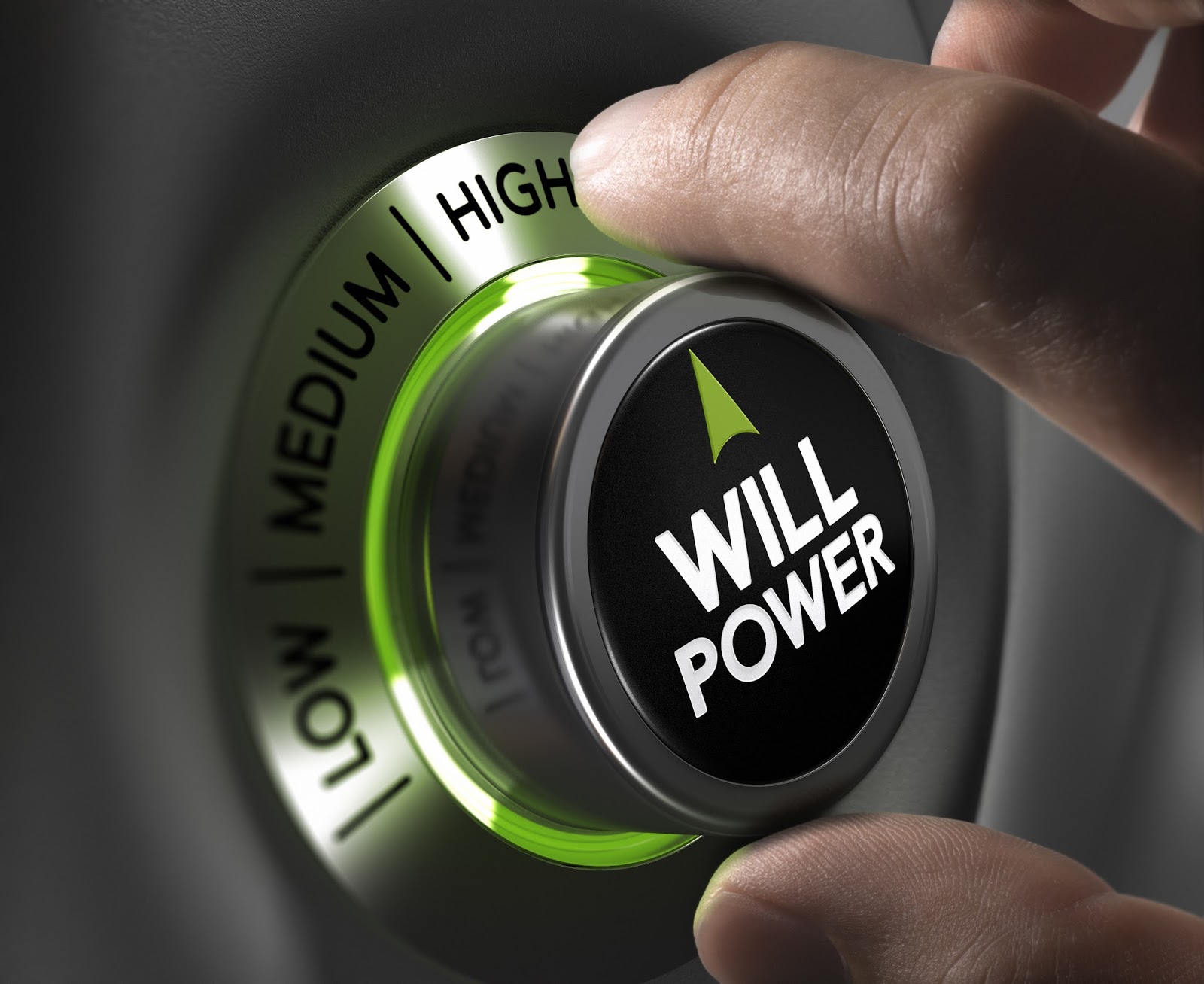Table of Contents
Telling yourself to try harder rarely works, and you know why: the brain seeks novelty, habit, and the path of least resistance.
When a notification pings or boredom nudges you online, your willpower drains, and you give in. That does not mean you are weak. It means you are human.
This article explains why relying on willpower is a losing strategy, and what works instead: systems. Systems reshape your environment so distraction is no longer the default, and focus becomes automatic. Read on to learn the psychology behind distraction and how to design simple systems that make deep work possible.
Why Willpower Feels Heroic But Is Fragile
Willpower is like a muscle that people expect to lift heavy loads without rest. It works in short bursts. But once it is used, it gets tired. Research in psychology shows that decision fatigue and impulse control wear down after repeated effort. Practically, that means saying no to one distraction makes it harder to say no to the next.
Also, your brain rewards novelty. New sights, sounds, and ideas light up the reward system faster than routine tasks. So when a brain sees a shiny link or an app ping, it treats that as a small reward. Over time, chasing small rewards becomes automatic. Fighting that with willpower is possible for a while, but not sustainable.

Willpower vs Systems: What a System Does That Willpower Cannot
Systems change the environment. They make the right action easier and the wrong action harder. Instead of relying on inner resolve, you set up cues, rules, and defaults that guide behaviour. Systems work because they remove the constant need to choose.
Here’s how systems outperform willpower:
| Feature | Willpower | System |
| Relies on moment-to-moment choice | Yes | No |
| Fatigue-sensitive | Very | Low |
| Scales with complexity | Poorly | Well |
| Prevents automatic mistakes | No | Yes |
In practice, that means: relying on willpower is a constant internal battle; a system removes the fight, and you simply follow it.
Simple Elements Of A Good Focus System
A system does not need to be complex. It should reduce choices and provide clear signals for when to work and when to rest. Think of these as habit systems for productivity, small design tweaks that tell your brain what to do next.
| Element | Why it helps (edited header for readability) | Example |
| Cue | Tells the brain what to expect | Start work at 9:00 with a chopped playlist |
| Barrier | Makes distraction harder | Turn off notifications for 2 hours |
| Replacement | Offers a healthier option | Keep a 5-minute stretch routine instead of scrolling |
| Reward | Reinforces the behaviour | 15-minute walk after a focused session |
Example cue: opening a dedicated “writing” document with a 50-minute timer.
Quick checklist to try today-
- Pick a single cue that starts your work session.
- Remove or block the top two distractions for that session.
- Replace checking feeds with a quick ritual, like brewing tea.
- Give yourself a predictable reward after the session.
Small Systems For Big Wins
You do not need to overhaul your life. Small systems add up.
Examples of tiny systems to try-
| Time block | System rule | Expected effect |
| Morning writing, 9–11 | Phone in another room; use a website blocker | Fewer interruptions, deeper sentences |
| Email hour, 1–2 | Only process email in this block | Less context switching |
| Meeting-free afternoons | No meetings on the calendar on Wednesdays | Uninterrupted flow time |
| Short breaks | 10-minute walk every 60 minutes | Less restlessness, clearer thinking |
Case example:
A freelance designer discovered that YouTube was her biggest distraction. Instead of fighting herself, she made one simple rule: no YouTube during 9–12 design blocks and used FocusMe to block the site. After one week, she completed two client drafts early and felt calmer during work.
Try one for a week. Observe how your attention improves. Systems create predictable mental space. Predictability reduces the brain’s need to seek novelty.
The Psychology Behind Why Systems Stick
Two forces make systems sticky: habit formation and friction.
Habit formation: Repetition links a cue to an action. Over time, the action becomes automatic. The fewer choices you give the brain, the faster the habit forms.
Friction: Make bad choices slightly harder and good choices slightly easier. Friction favours good behaviour when you set it up intentionally. For example, putting your phone in a drawer adds a tiny moment of effort. That moment often stops automatic reaching.
| Change | Adds friction to bad choice? | Lowers effort for good choice? |
| Phone in another room | Yes | No |
| One-click website blocker | Yes | No |
| Pre-made focus playlist | No | Yes |
| Clear the workspace with only the necessary tools | No | Yes |
Example friction: charging your phone in another room, so checking it requires walking.
When you combine small frictions with easy defaults, you shift outcomes without relying on brute force willpower.
Common System Mistakes And How To Fix Them
People try systems and then get frustrated. Here are the common traps and simple fixes.
1. Overcomplicating rules.
Fix: Start with one rule that removes the biggest friction.
2. Being too rigid.
Fix: Build flexible windows, not brittle lists.
3. Skipping rewards.
Fix: Attach a small, enjoyable payoff after focus sessions.
4. Ignoring the environment.
Fix: Change the physical or digital setup before blaming yourself.
Systems that fail are usually systems that require too much decision-making. The better system is the one you will actually use tomorrow.
How To Design A System That Fits Your Life
Designing a system is an experiment. Start small and iterate. Here is a step-by-step approach.
- Identify your most damaging distraction.
- Ask why that distraction wins. Is it boredom, unclear goals, or easy access?
- Create one simple rule that addresses the cause.
- Add one cue and one reward.
- Test for one week and adjust.
A sample mini-system for writers
Step | Action |
Identify | News sites and social feeds during drafts |
Why | They offer quick dopamine and an easy escape |
Rule | Block news sites during writing blocks |
Cue | Open a blank document and set a 50-minute timer |
Reward | Take a 20-minute break with a coffee |
Why Tools Help But Do Not Replace Systems
Tools enforce systems; they block websites, mute apps, and automate routines. But tools only work when you pair them with a system. A blocker that sits unused is just another app. The point is not the tool alone but the system the tool supports.
Here’s the real truth: the best systems reduce the need to battle yourself. Tools are the scaffolding. The system is the architecture. Put the two together, and you win consistently.
The Verdict
Don’t wait for motivation to strike; design your system today. Start with one rule, one cue, and one FocusMe plan to make focus automatic. Use FocusMe to enforce the rule, not to be your crutch. Try this: pick the distraction that costs you the most time, make the right choice easier and the wrong choice slightly harder, and run the system for seven days. You’ll be amazed at how much mental space and steady progress you reclaim when you build systems that work.
Your first step: pick the distraction that costs you the most time and make the right choice easier and the wrong choice slightly harder.
Your challenge: for the next 7 days, follow one small system and track your focus, see how much mental space and productivity you reclaim.
FAQs (Frequently Asked Questions)
Willpower is limited and gets depleted quickly due to decision fatigue and the brain craving for novelty.
Systems remove the need for constant self-control by creating cues, rules and habits that guide behavior automatically.
A habit system links a cue, action, and reward to create predictable routines that support deep work.
Yes, tiny systems like blocking distractions during work blocks or using cues and rewards can drastically increase attention and productivity.
FocusMe enforces your focus system by blocking distractions, supporting cues, and helping you follow your rules consistently.
Overcomplicating rules, being too rigid, skipping rewards or neglecting environmental adjustments.
Many people notice improved concentration and workflow within a week of consistently following a system.
Friction makes bad choices slightly harder and good choices easier, encouraging the brain to follow the system naturally.
No, tools like FocusMe support the system. But the real effectiveness comes from the system’s design.
Identify your most distracting habit and design one simple rule. That with a cue and reward, to guide behavior.




